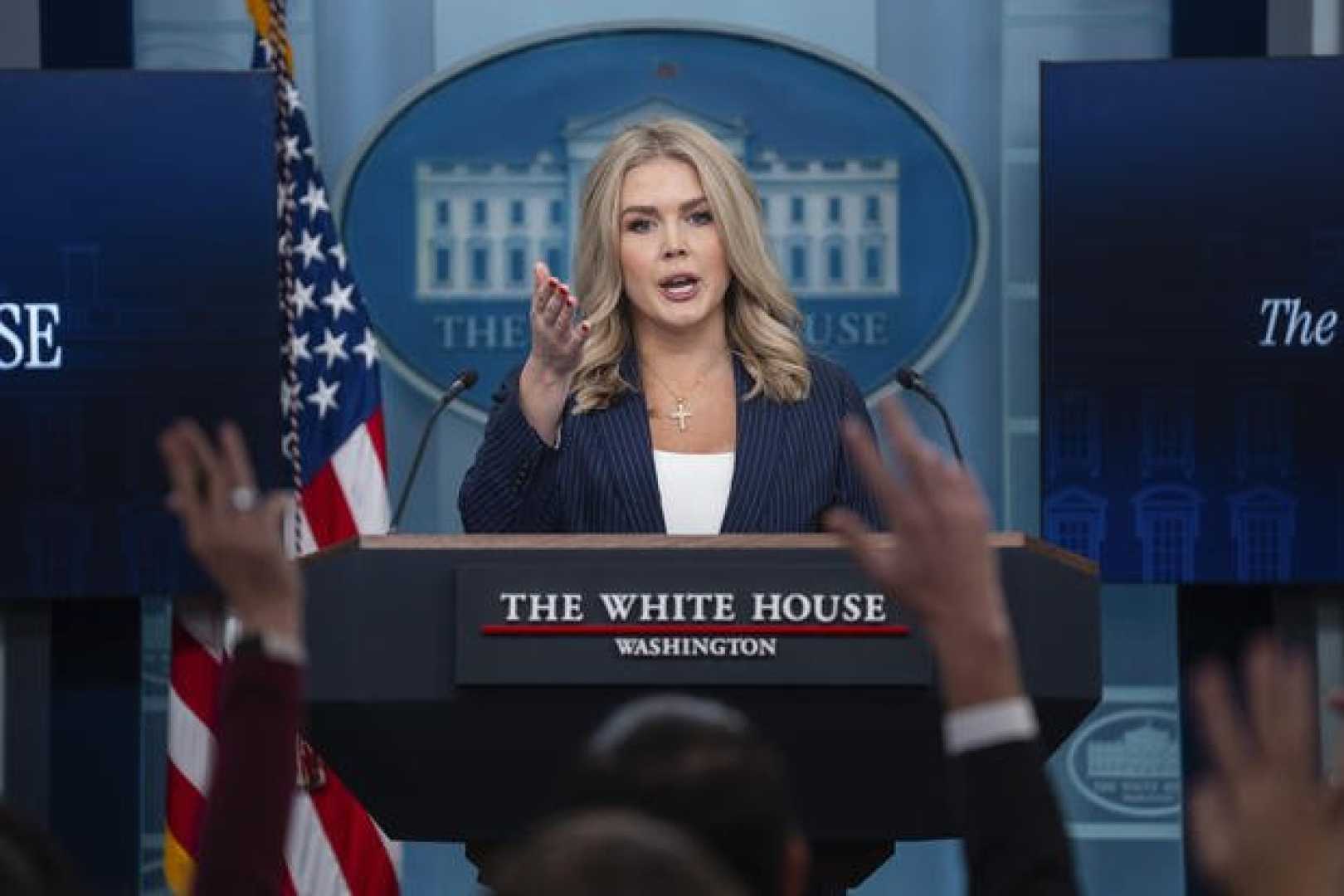Politics
Trump Administration Sparks Judicial Battle amid Claims of Constitutional Crisis

WASHINGTON — The Trump administration is at the center of a controversy as critics warn President Donald Trump is instigating a constitutional crisis with his recent executive actions and dismissals of legal rulings. During a press briefing on February 12, White House Press Secretary Karoline Leavitt criticized judges who have blocked some of Trump’s policies, attributing the ongoing tensions to their rulings rather than the actions of the president.
Leavitt stated, “We believe these judges are acting as judicial activists rather than honest arbiters of the law,” contending that the real crisis lies within the judicial branch. This declaration is part of a broader campaign by Trump and his allies, who have increasingly targeted the judiciary since his return to office.
The escalating tensions have raised concerns among legal experts and political observers who fear the implications on judicial independence and accountability. Legal experts outline that the judiciary serves as a check on executive authority, with Northeastern University law professor Jeremy Paul noting, “Under our system, up until now, it’s always been understood that it’s the courts that decide whether executive authority is legitimate or not.”
Senator Mike Lee, a Republican from Utah, is reportedly drafting legislation aimed at constraining lower-court judges from issuing nationwide injunctions against presidential actions. Meanwhile, Elon Musk, a prominent advisor to Trump, has taken to social media to demand the removal of judges he perceives as obstructive, branding them as “corrupt.”n
In a striking example, Musk claimed a judge who ruled against the administration’s data suppression efforts must be “fired” and characterized the judiciary’s actions as an assault on legitimate government functions. The tension has drawn alarm from legal scholars who indicate a significant threat to the principle of judicial review.
The judiciary’s role has become increasingly important as Trump faces challenges on several fronts, including efforts to end birthright citizenship and alter personnel policies. Judges have temporarily blocked many of these initiatives, often drawn from various political backgrounds, including those appointed by former Republican presidents.
Trump himself has not indicated he would openly defy court orders. In the Oval Office, he mentioned following the law and stated, “All it means is that we appeal,” in response to a judge’s suggested disregard of his administration’s decisions.
Concerns regarding the current judicial landscape have prompted legal scholars like University of Pennsylvania law professor Claire Finkelstein to warn about a deliberate narrative that seeks to vilify judges. She posits this ongoing campaign might aim to make the judicial environment increasingly hostile, potentially leading to resignations among judges who feel pressured.
House Speaker Mike Johnson echoed support for the idea of prioritizing presidential authority over judicial intervention in executive measures, highlighting a notable shift in political attitudes toward judicial power.
As tensions mount, the administration faces a slew of lawsuits—over 60 related to Trump’s policy actions since his second term commenced. Willy Jay, a former assistant solicitor general, emphasized that this accumulation of challenges reflects the ongoing pushback from opposing party states against significant policy changes.
The judiciary’s independence has frequently served as a safeguard against executive overreach, but with the current climate, the future of judicial authority hangs in the balance.












